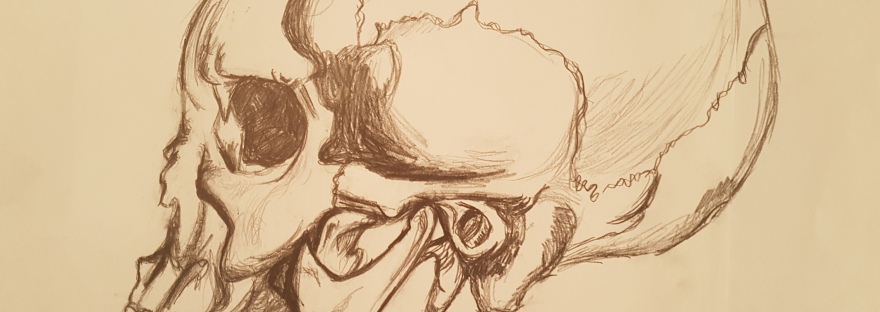Research aimed at better understanding the use of arts-based practices in healthcare is crucial to advance the field of art therapy. Art therapy is a broadly defined practice and includes the use of arts in educational, mental health, and community-based contexts. Definitional issues have created conflicts in professional practice and also research. As previously discussed,… Continue reading Defining Art Therapy: Exploring Definitional Issues in Practice and Research Part 2
Blog
Research Paradigms – A Brief Overview
Research Paradigms All research incorporates personal beliefs and worldviews. Creswell (2013) states “whether we are aware of it or not, we always bring certain beliefs and philosophical assumptions to our research” (p. 15). Individual philosophies inform research practices and guide the use of different methodologies (Creswell, 2013). Worldviews not only affect researchers, but also research… Continue reading Research Paradigms – A Brief Overview
Defining Art Therapy: Exploring Definitional Issues in Practice and Research Part 1
Art therapy is a diverse professional field pertaining to the specialized use of visual arts in medical, educational, therapeutic, and community settings. However, art therapy is often reduced to its historical definition: the combination of art and psychotherapy (Malchiodi, 2007; Rubin, 2010). In reality, art therapy “combines artistic, scientific, mental health, and educational components but… Continue reading Defining Art Therapy: Exploring Definitional Issues in Practice and Research Part 1
Drawing vs. Collage
Art materials are an important component of art therapy. It is widely recognized that different art materials produce different responses. In the Expressive Arts Therapy Continuum, Hinz (2009) documents media properties along a spectrum of fluid to resistive and suggests ways in which these properties elicit affective and cognitive responses. As art therapists our own… Continue reading Drawing vs. Collage
Control Groups – Basic Information
Control groups are a vital component of quantitative research methodologies. Specifically, control groups are utilized within experimental research. Experiments are characterized as “a systematic research study in which the investigator directly varies some factor (or factors), holds all other factors constant, and observes the results of the variation” (Goodwin, 2010, p. 169). Thus, experimental research… Continue reading Control Groups – Basic Information
Arts-based Research
In art therapy, clients create artwork to express and understand emotion, thoughts, and lived experiences. Art is seen as a vehicle for communication that facilitates self-exploration and personal understanding. Recently, the idea of using arts in research has emerged. Current research practices have started incorporating various art forms into different stages of inquiry including data… Continue reading Arts-based Research
Art Therapy and Evidence-Based Practice: Does it mix?
Evidence-based practice (EBP) began as evidence-based medicine, a pursuit for standardization in medical treatment within the field of healthcare (Gilroy, 2006; Spring, 2007). EBP is often associated with professional guidelines and standards of care that outline best practices for clinical situations. However, standardization often implies a single treatment is best suited to address a clinical… Continue reading Art Therapy and Evidence-Based Practice: Does it mix?
The Current State of Art Therapy Research
The belief in the restorative power of the creative process underlies the field of art therapy. Since the inception of art therapy as a professional practice, practitioners have worked hard to advocate for the use of therapeutic arts in various mental health settings. During this time, art therapists have recognized the need to conduct research… Continue reading The Current State of Art Therapy Research








